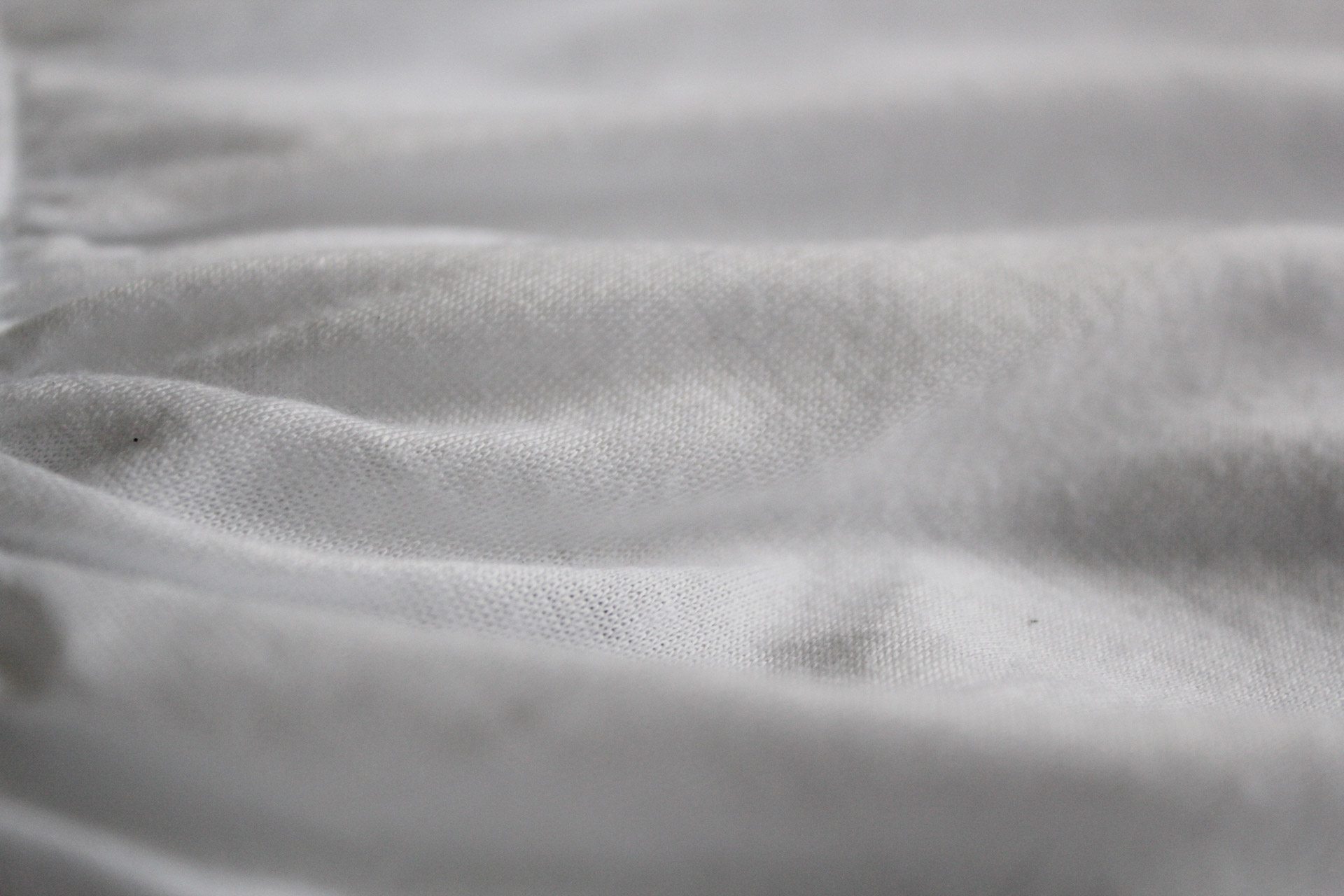Is the Child Washed or Named in a Case of Miscarriage?
Hanafi Fiqh
Answered by Ustadh Tabraze Azam
Question: Assalamu alaykum wa rahmat Allah.
In the case of miscarriage, is the child washed or named?
Answer: Wa alaykum assalam wa rahmat Allah,
The general ruling is that a fetus is bathed and named, yet only prayed over in the case that it had signs of life upon birth.
However, there is a difference of opinion within the school regarding both the naming and bathing when there are no signs of life upon birth. This applies equally to the fetus which is fully developed or partially so, contrary to when it is in its early embryonic stage, lacking normal human limbs and the like. Imam Shurunbulali joined between the two positions noting that those scholars who disagreed with the bathing disagreed with doing so in the sunna manner, and not simply washing in general. In reality, thus, there is no disagreement based on this interpretation.
As for naming fetuses, the reason is that such children will be (1) resurrected on the Day of Judgement, and (2) summoned by their name, yet they shall also (3) intercede for their parents. Although a position from Qadi Abu Yusuf states that a child who shows no signs of life at birth is washed and named, this would seem to apply with the aforementioned proviso, namely, discernible human development of such a fetus. Tahtawi is the most explicit on the issue saying that there would not appear to be any naming, nor washing for that matter, if there is no development of a clear limb, like a hand, for instance, as such embryos will not be resurrected.
Ibn ‘Asakir recorded in his Tarikh that the Messenger of Allah (Allah bless him and give him peace) said, “Name your miscarried children as they will be your forerunners (farat).” And in a tradition (hadith) collected by Ibn Majah and others, he also said (Allah bless him and give him peace), “The miscarried child will pester its glorious and mighty Lord for His entering its two parents into the Fire until it is told, ‘O miscarried child that pesters its Lord! Enter your father and mother into Paradise.’ Then it will drag them with its umbilical cord until it makes them enter Paradise.”
[Zayla‘i, Tabyin al-Haqa’iq Sharh Kanz al-Daqa’iq; Lacknawi, ‘Umdat al-Ræiaya fi Hall Sharh al-Wiqaya; Tahtawi, Hashiyat al-Tahtawi ‘ala Maraqi al-Falah; Ibn ‘Abidin, Radd al-Muhtar ‘ala al-Durr al-Mukhtar (1.595)]
Please also see: Reader on Miscarriage and: Dealing With a Miscarriage and Burying the Fetus
And Allah Most High alone knows best.
قال في تبيين الحقائق:(((وإلا لا) أي، وإن لم يستهل لا يصلى عليه إلحاقا له بالجزء ولهذا لم يرث واختلفوا في غسله وتسميته فذكر الكرخي عن محمد أنه لم يغسل، ولم يسم وذكر الطحاوي عن أبي يوسف أنه يغسل ويسمى)) اهـ.
وفي عمدة الرعاية: ((قوله: إن استهلّ؛ الظَّاهرُ أنّه قيدٌ للصَّلاة، فإنَّ الغسلَ ليس بمختصٍّ به، وكذا التَّسميةُ فإن الغيرَ المستهلَّ بل السَّقطُ الذي استبانَ بعضُ خلقه أيضاً يُسمَّى لينادى باسمه في الحشر، وقد ورد: ((سمُّوا أسقاطكم، فإنهم فَرَطَكم)))) اهـ.
وفي حاشية الطحطاوي على مراقي الفلاح: ((والمتبادر منه أنه ظهر فيه بعض خلق وأما إذا لم يظهر فيه خلق أصلا فالظاهر أنه لا يغسل ولا يسمى لعدم حشره وحرره)) اهـ.
وفي ردّ المحتار: ((لكن قال في الشرنبلالية: يمكن التوفيق بأن من نفى غسله أراد الغسل المراعى فيه وجه السنة، ومن أثبته أراد الغسل في الجملة كصب الماء عليه من غير وضوء وترتيب لفعله كغسله ابتداء بسدر وحرض اه قلت: ويؤيده قولهم ويلف في خرقة حيث لم يراعوا في تكفينه السنة، فكذا غسله.)) اهـ.
wassalam,
[Ustadh] Tabraze Azam
Checked and Approved by Shaykh Faraz Rabbani
Ustadh Tabraze Azam was born and raised in Ipswich, England, a quiet town close to the east coast of England. His journey for seeking sacred knowledge began when he privately memorized the entire Qur’an in his hometown at the age of 16. He also had his first experience in leading the tarawih (nightly-Ramadan) prayers at his local mosque. Year after year he would continue this unique return to reciting the entire Quran in one blessed month both in his homeland, the UK, and also in the blessed lands of Shaam, where he now lives, studies and teaches.
